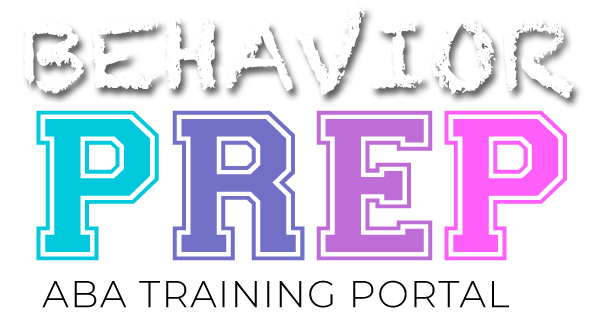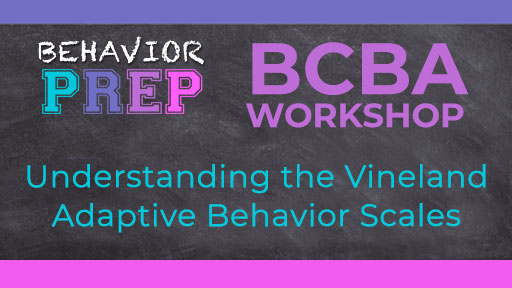A BCBA’s Guide to Assessment and Application
Workshop Overview:
The Vineland Adaptive Behavior Scales (Vineland-3) is a widely used standardized assessment tool designed to measure adaptive functioning across various domains, including communication, daily living skills, socialization, and motor skills. This one-hour workshop provides an in-depth exploration of the Vineland assessment, its structure, administration procedures, and interpretation of results to guide individualized treatment planning.
Learning Objectives:
By the end of this workshop, participants will be able to:
- Describe the Purpose and Structure of the Vineland-3 – Understand the domains assessed and the populations for which it is most appropriate.
- Identify Administration Methods – Learn how to conduct caregiver interviews, use rating forms, and apply the assessment effectively in different settings.
- Interpret Vineland-3 Scores – Gain insight into standard scores, percentiles, and age-equivalents, and understand how to analyze adaptive functioning strengths and weaknesses.
- Use Assessment Results to Inform Treatment Planning – Learn how to integrate Vineland-3 results into behavior intervention plans (BIPs), goal development, and progress monitoring.
- Discuss Common Challenges and Considerations – Address cultural considerations, response biases, and how to use adaptive functioning data for eligibility determinations and treatment modifications.
Workshop Format:
Introduction to the Vineland-3 (10 min)
Assessment Domains and Administration Methods (15 min)
Scoring and Interpretation of Results (15 min)
Application to ABA Practice and Treatment Planning (15 min)
Q&A and Case Discussion (5 min)

